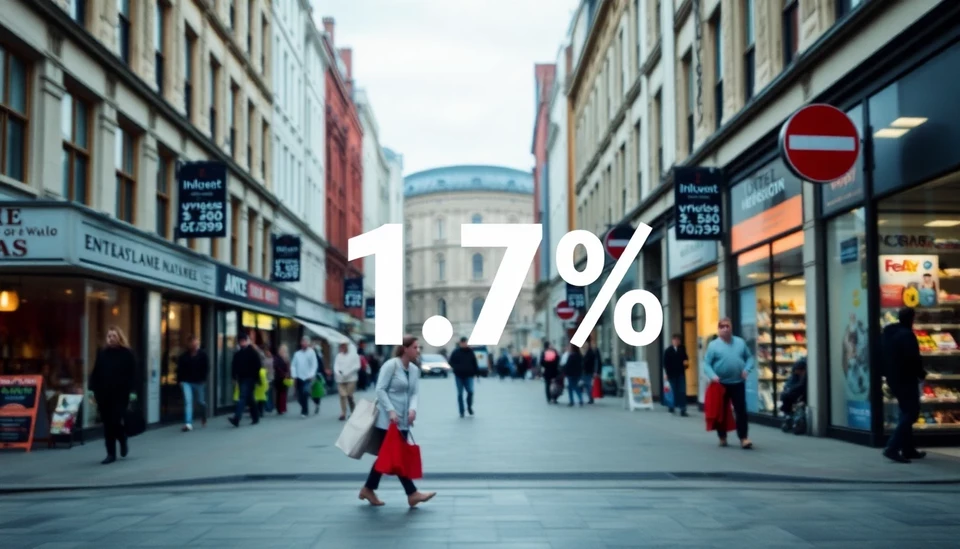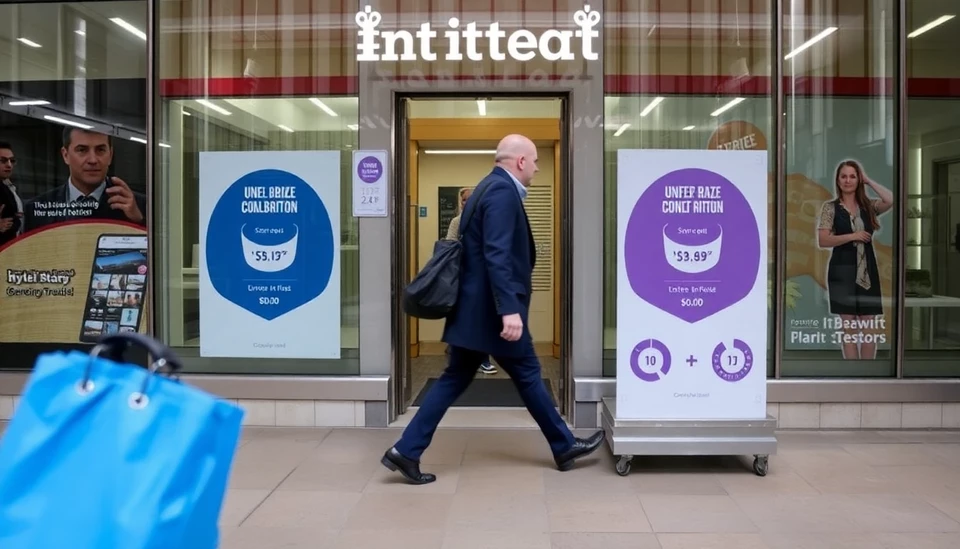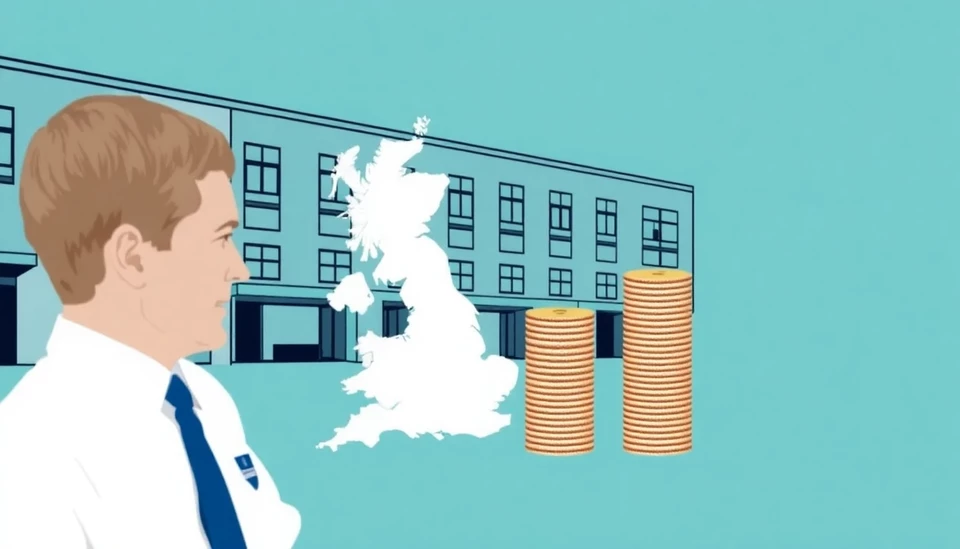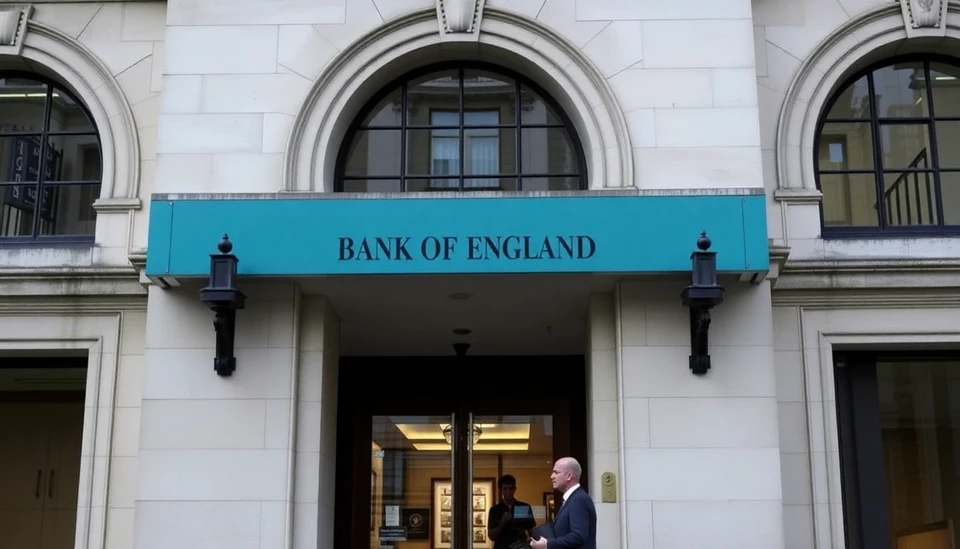
In a surprising turn of events, the latest figures from the UK Office for National Statistics reveal that the inflation rate has decreased markedly to 1.7%, the lowest level recorded since 2021. This decline has far surpassed analysts' predictions, who had anticipated a reduction to approximately 2.5%. The data, released on Tuesday, illustrates the country's shifting economic climate and could have substantial implications for monetary policy moving forward.
The reduction in inflation is attributed to various factors, with falling energy prices playing a crucial role. In particular, the decline in fuel costs has significantly impacted overall inflation numbers. Such a decrease is a positive sign for consumers who have felt the strain of rising prices over the past couple of years. Moreover, decreasing prices in categories like clothing and footwear have additionally contributed to the lowered inflation rate.
Beyond the immediate effects on consumers, this shift poses critical questions regarding the future actions of the Bank of England. With inflation significantly below targets, there may be pressure for the central bank to rethink its previously adopted aggressive rate hikes designed to combat rising prices. Current expectations had pointed toward continued interest rate increases; however, this lower inflation figure could lead to a pause in rate hikes, influencing borrowing costs for households and businesses alike.
The Bank of England, which has faced intense scrutiny over its handling of monetary policy, finds itself at a crossroads. As inflation trends downwards, officials will need to assess whether their monetary policies are achieving their intended outcomes or if a recalibration is necessary. Many economists suggest that while the decline in inflation is welcome news, the overall economic landscape remains mixed, and risks still lurk in other sectors.
Additionally, the easing inflation will likely prompt discussions regarding wage growth. If prices remain stable or decline further, it could impact the pressure on wages, which have been subject to demands for increases to keep pace with rising living costs. Maintaining a balance between wage growth and inflation will be crucial for sustained economic recovery.
In summary, the recent inflation report serves as a pivotal moment for the UK economy, raising both opportunities and challenges. As consumers gain relief from rising prices, the Bank of England must navigate carefully in the wake of this significant change. Economists and policymakers alike will be closely monitoring these developments in the coming months as they shape the future of the UK’s economic landscape.
#UKInflation #EconomicNews #Finance #BankOfEngland #MonetaryPolicy #ConsumerPrices #UKEconomy #InflationRate
Author: Rachel Greene




